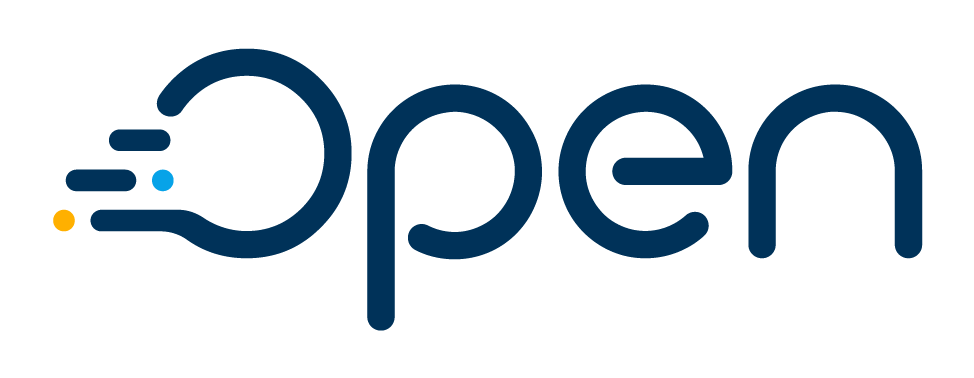The recognition of security as a critical factor for business resilience against cyber threats has driven technology companies like Open Intelligence—a leading provider of advanced technological solutions and creator of Smartflex—to reaffirm their commitment to cybersecurity and their support for utility companies, ensuring compliance with the highest international standards.
In today’s digital landscape, cybersecurity is no longer optional; it is a strategic necessity for utility companies managing critical infrastructures such as energy, water, and telecommunications supply. Cyberattacks on this sector are escalating dramatically. According to a Check Point Research report, U.S. utilities experienced a 70% increase in cyberattacks in 2024 compared to the same period in 2023, underscoring the growing threat to these critical infrastructures.
This trend is further exacerbated as many of these companies rely on outdated systems, making them easy targets for attackers, as noted by cybersecurity expert Douglas McKee of SonicWall. For this reason, it is vital for utilities to work with technology providers that deliver robust cybersecurity strategies capable of anticipating threats and safeguarding their operations in an increasingly hostile environment.
Jairo Sánchez, Director of Support & Cloud Services at Open, emphasized:
“At Open, we understand that security is not just an additional feature; it’s an integral commitment to our clients and the entire digital ecosystem. Transparency is fundamental to our relationships, so we are always willing to provide clear information about our security measures and auditing processes. Our constant effort is to stay at the forefront of data protection, not only by securing our infrastructure but also by offering strategic recommendations to ensure the safe and efficient management of our clients’ critical operations.”
One of the company’s key security achievements this year was obtaining certification for compliance with the SSAE 18 SOC 2 standard (Statement on Standards for Attestation Engagements No. 18, Service Organization Control 2). This internationally recognized standard ensures that our controls for security, availability, processing integrity, confidentiality, and privacy meet the strictest market requirements.
Compliance with SSAE 18 SOC 2 signifies that Open has adopted continuous monitoring and auditing practices for its security processes, enabling real-time detection and response to potential vulnerabilities.
Drawing on extensive experience working with critical infrastructures and the rising frequency of cyberattacks, Jairo Sánchez recommends that utility companies adopt cloud infrastructures, such as the SaaS (Software as a Service) model, as a cornerstone of their security strategy:
“Choosing cloud-based solutions not only enhances operational resilience by centralizing security measures but also reduces management complexity, allowing teams to focus on more strategic tasks,” explained Sánchez.
Cloud systems like SaaS enable applications and tools to be hosted on remote servers and accessed via the internet. This eliminates the need for local infrastructure, reducing maintenance costs and improving operational efficiency. Moreover, cloud solutions facilitate centralized data management and offer significant benefits in protection and resilience against cyberattacks through features such as automatic updates, greater scalability, and advanced real-time monitoring and security capabilities. Companies can enjoy benefits such as:
- Automatic Updates: Cloud providers manage updates and security patches centrally, ensuring systems are protected against the latest threats without manual intervention.
- Flexible Scalability: The cloud allows for adjusting security resources as business needs evolve, ensuring the appropriate level of protection without compromising efficiency.
- Backup and Disaster Recovery: By securely distributing data across multiple geographic locations, cloud providers ensure rapid recovery of operations with minimal data loss in the event of an attack or incident.
- Continuous Monitoring: Cloud infrastructures include advanced tools for real-time threat detection, enabling potential risks to be identified and addressed before they escalate.
Organizations implementing these strategies not only better protect their data and systems but also significantly reduce costs associated with security breaches. According to Gartner, companies implementing advanced security approaches like the Zero Trust strategy have reduced the risk of breaches by 50%. Similarly, a study on Cybersecurity Statistics and Trends found that well-designed incident response plans can reduce breach-related costs by 61%, representing savings of $2.66 million.
In conclusion, partnering with technology providers that offer robust cybersecurity strategies is essential for any company, particularly those managing critical infrastructures like utilities. Beyond anticipating threats and responding effectively during crises, these providers should integrate cloud infrastructure technologies as a core component of their approach. Cloud-based solutions like SaaS enhance operational resilience, centralize security management, and enable agile responses to cyberattacks. These systems provide scalability, reduce operational costs, and deliver real-time protection, ensuring business continuity and data security in an increasingly sophisticated threat landscape.








